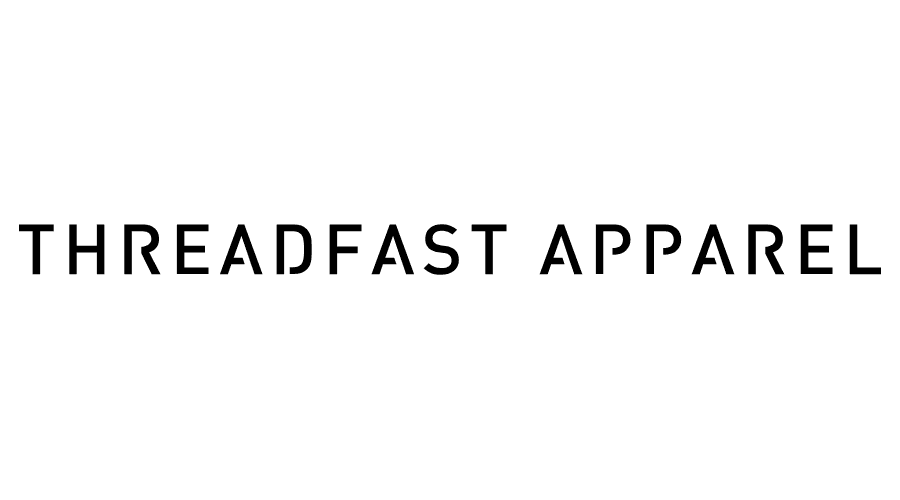This week, India announced its intention to adopt a zero tolerance policy for child and forced labor in its apparel supply chain. Days later, neighboring Bangladesh, which had previously indicated willingness to investigate its apparel supply chain, barred a U.S. inquiry into its textile sector.
Under the auspices of the Apparel Export Promotion Council (AEPC), India has created a compliance program with the Ministry of Textile to audit its $11 billion dollar apparel manufacturing industry. “There is a huge complaince fatigue in the Indian apparel export industry,” Chandrima Chatterjee of the AEPC told Economic Times. “Although catering to the global brands, apparel suppliers are yet to accept that compliance is an essential management practice.”
“We would now reach out to labour contractors to remove child labour and get the supply chain of the suppliers audited so that the industry is not held ransom by our global buyers due to prevalence of child labour or bonded labour in the supply chain,” Chatterjee added.
AEPC believes that the measures will increase the cost to produce textiles by 5 percent, but that the increased expense is significantly less than the potential lost revenue due to being blacklisted by importers. These increased costs could be passed on to importers, resellers or retailers.
Indian laborers provide textiles for international companies such as H&M, Adidas and Nike. The United States provides 30 percent of the industry’s business, and with increased scrutiny from laws such as The California Transparency in Supply Chains Act of 2010, the country stands to lose significant business if it does not comply.
As India has signified willingness to work with the international community, Bangladesh has taken the opposite approach. According to just-style.com (registration required), the Bangladesh government is currently withholding permission for a U.S. survey on the country’s garment workers.
Last week, Bangladesh indicated it would consider allowing ICF International, a Virginia-based consultancy firm and survey organization, into the country to check for any child or forced labor in its apparel supply chain. Several days later, the government barred ICF International entry, despite local industry’s willingness to comply with the survey.
“The government should grant the permission,” said Shafiul Islam Mohiuddin, president of the Bangladesh Garment Manufacturers and Exporters Association, in an interview with just-style.com. “Anyone can visit and check that there is no child labour in our industry.”
The garment industry represents more than three quarters of all export revenue for Bangladesh. The country has been negotiating with the U.S. on a Trade and Economic Forum pact, part of which requires compliance with the aforementioned labor regulations. A U.S. or international blacklisting of Bangladesh’s apparel industry would be devastating for the country’s economy.
“We have reached consensus on almost all issues except that of child labor,” said Abul Maal Abdul Muhith, Bangladesh’s finance minister. “We will seek relaxation on this issue.”
Several trade partners of the United States have come under increased scrutiny for their supply chains and human rights practices, particularly following the trade agreements with South Korea, Colombia and Panama signed by President Obama in October. As one of the largest apparel importers in the world, along with the European Union and China, U.S. policies have the potential to impact textile production across the globe.



